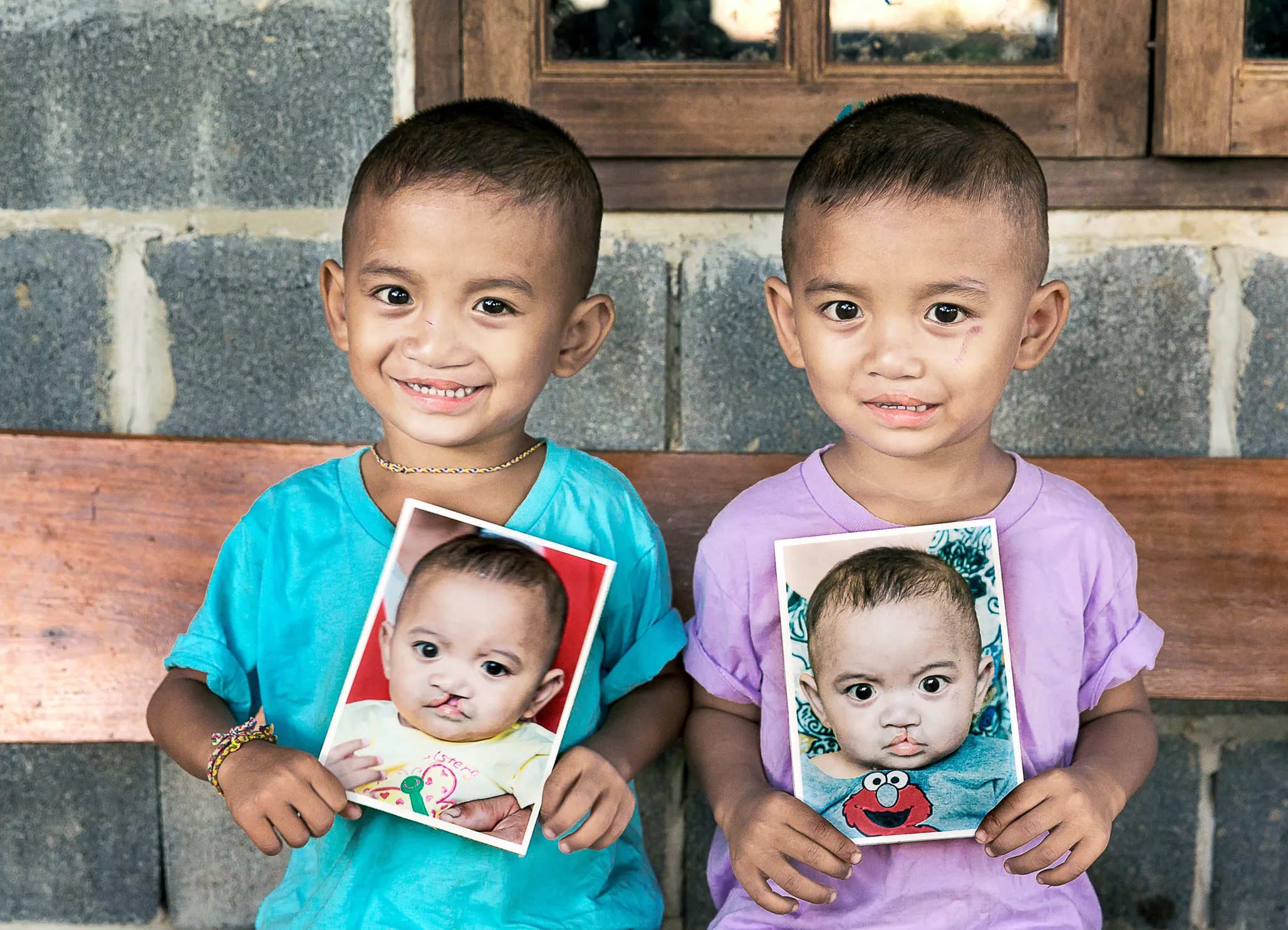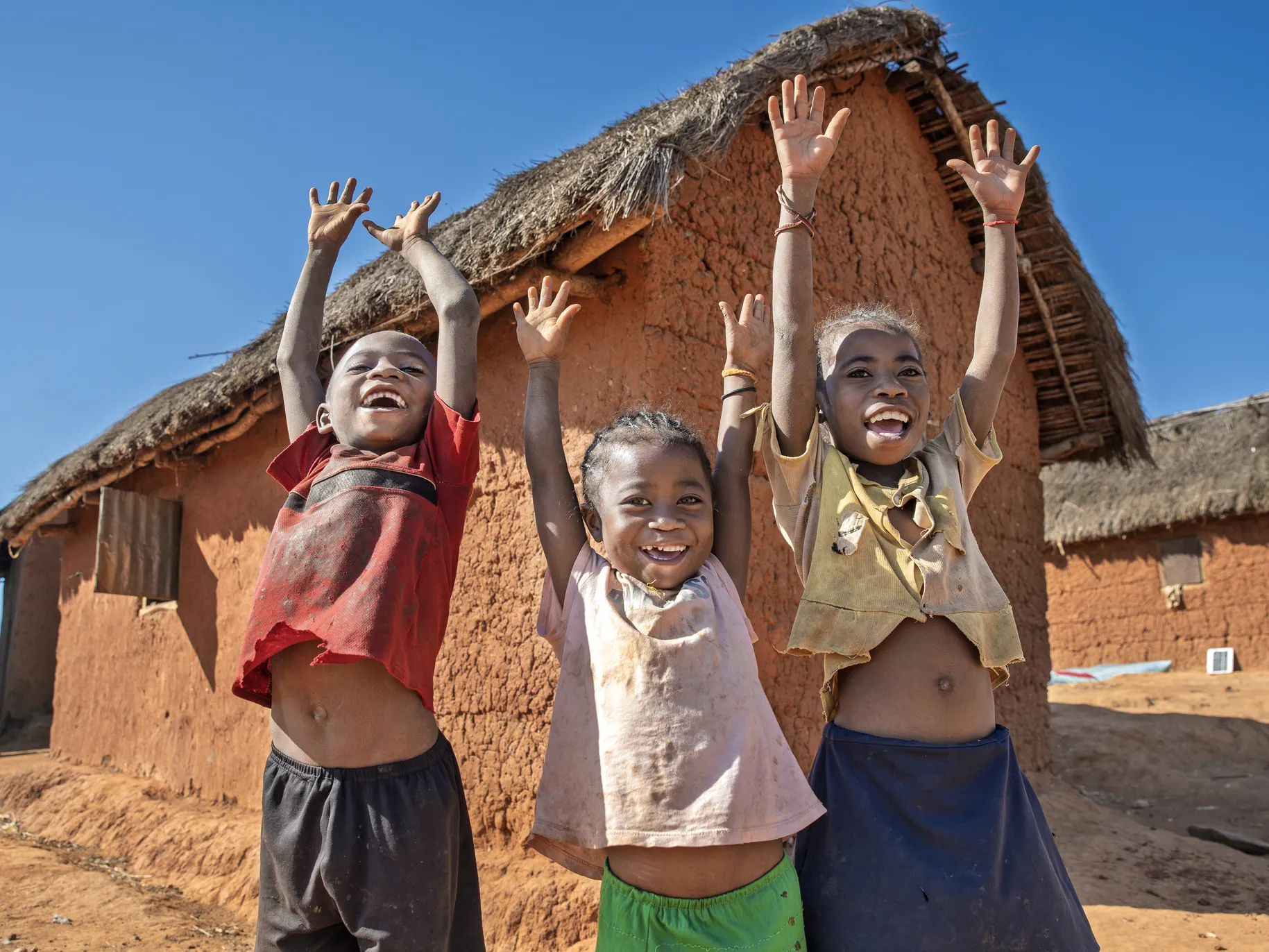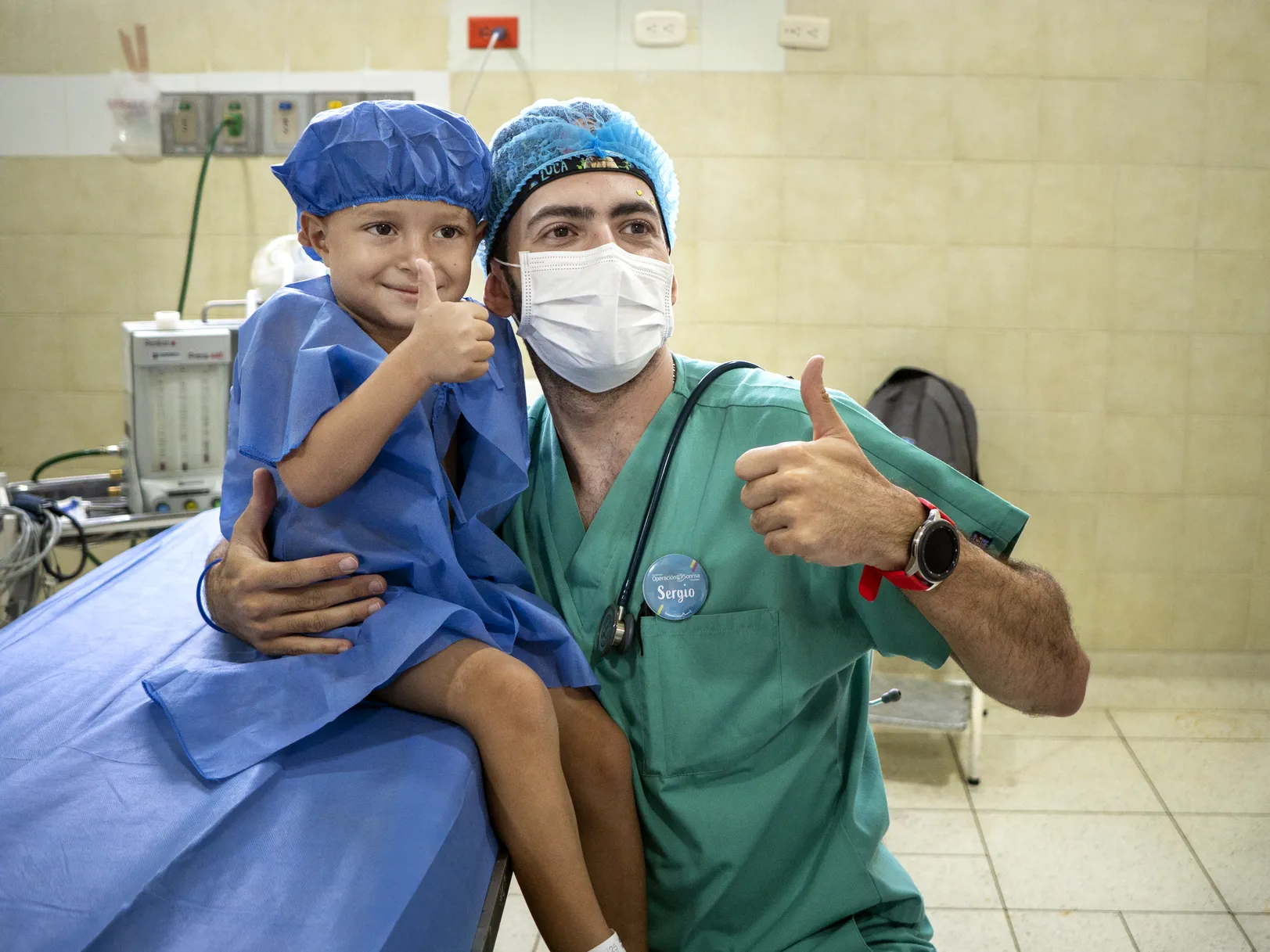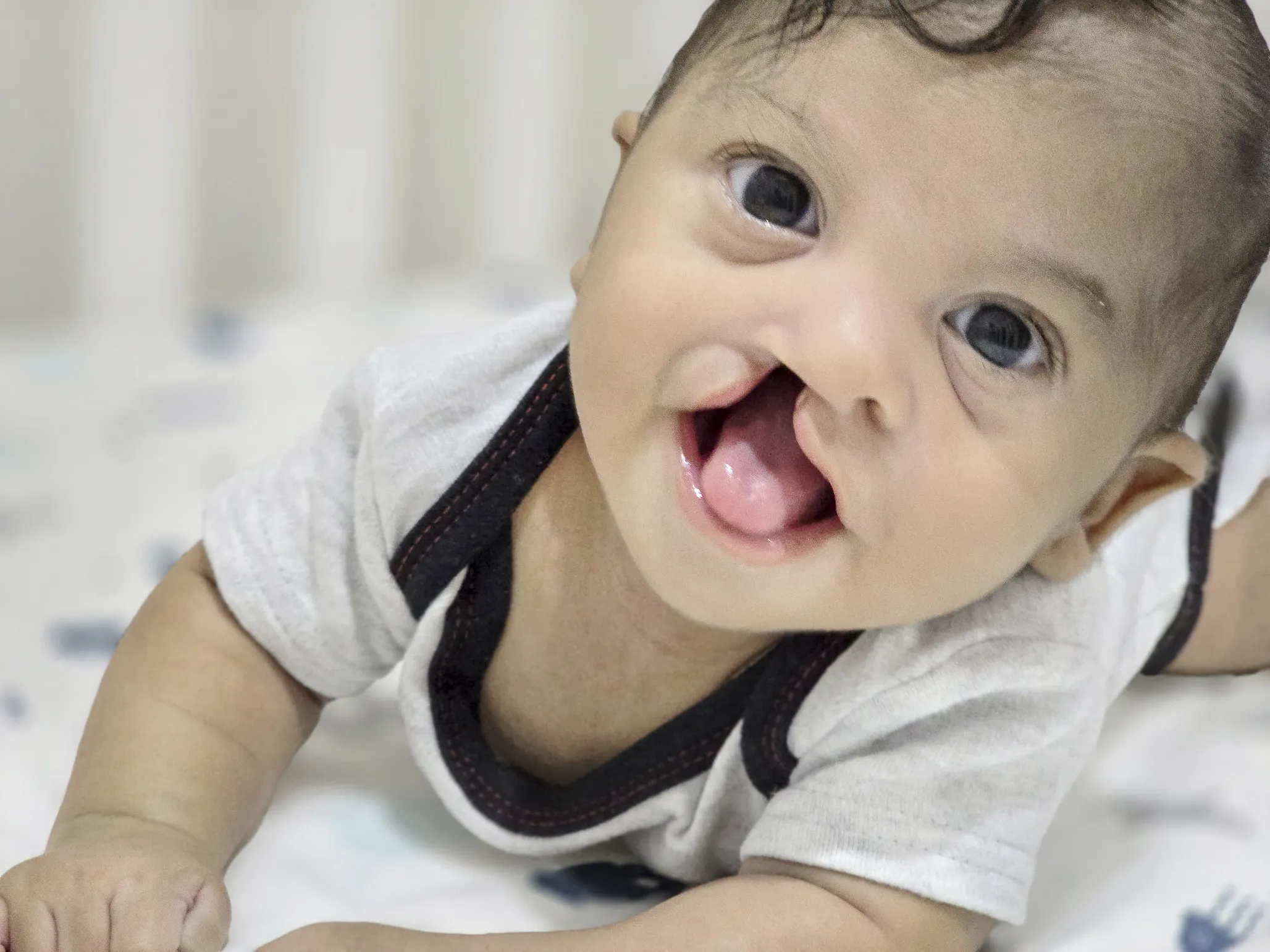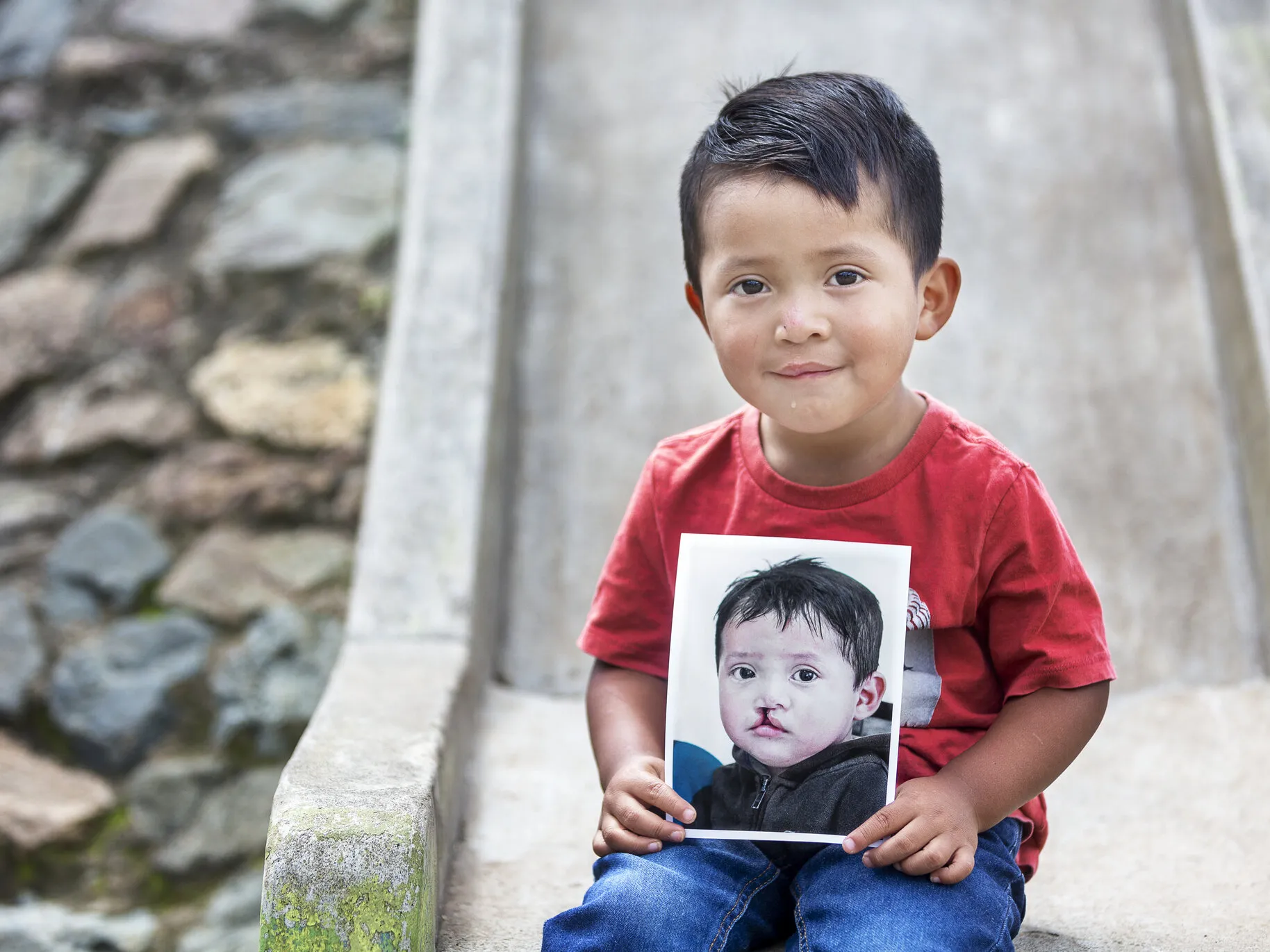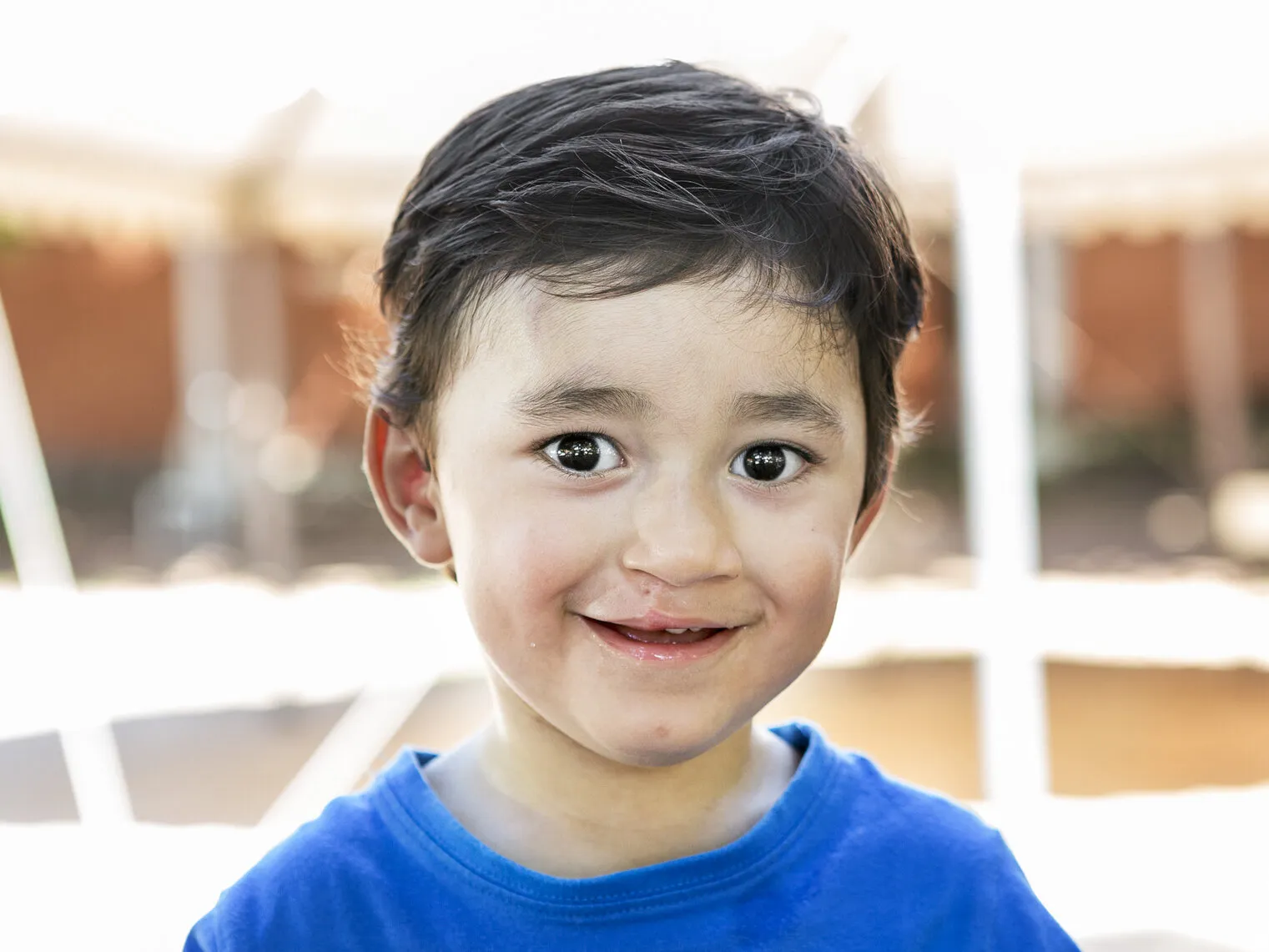Patients
Double the Smiles
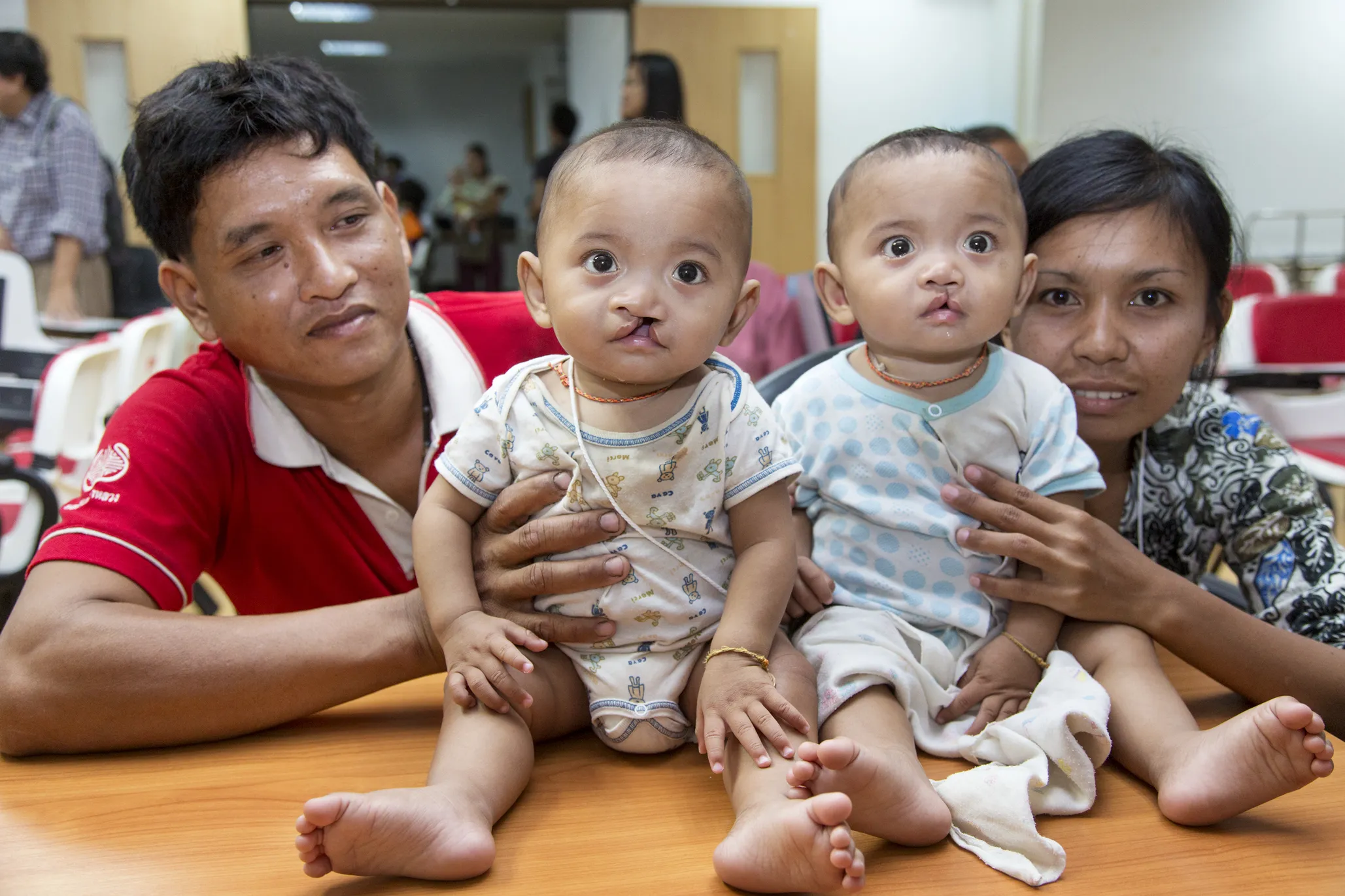
Thailand’s beauty is not only seen woven within its towering forests and cascading waterfalls, but also in the smiles of its people.
In Thai culture, a smile can convey more than just happiness or pride. It can also express an apology or exhibit sorrow with the idea that obstacles in life are more easily overcome if confronted with a smile. Because of this belief, Thailand is aptly nicknamed “The Land of Smiles.”
And in rural northeastern region of the country, Wanna and her husband, Manus, work hard to provide the best possible lives for each other and their three children.
Yet, the challenges the family faces every day couldn’t prepare them for the news that they received four months into Wanna’s second pregnancy with their twin sons, Lak and Ou.
An ultrasound revealed that Ou had a cleft lip and palate.
While Wanna was devastated by the news, Manus felt enormous guilt and believed that he was the sole cause of his son’s condition. He attributed it to bad karma because each time that he fished, he would tear the hook from the fish’s mouth, leaving an open gash in its lip.
His feeling of blame only intensified after the delivery of the other twin, Lak, who was born with a cleft lip and palate that wasn’t detected by the ultrasound.
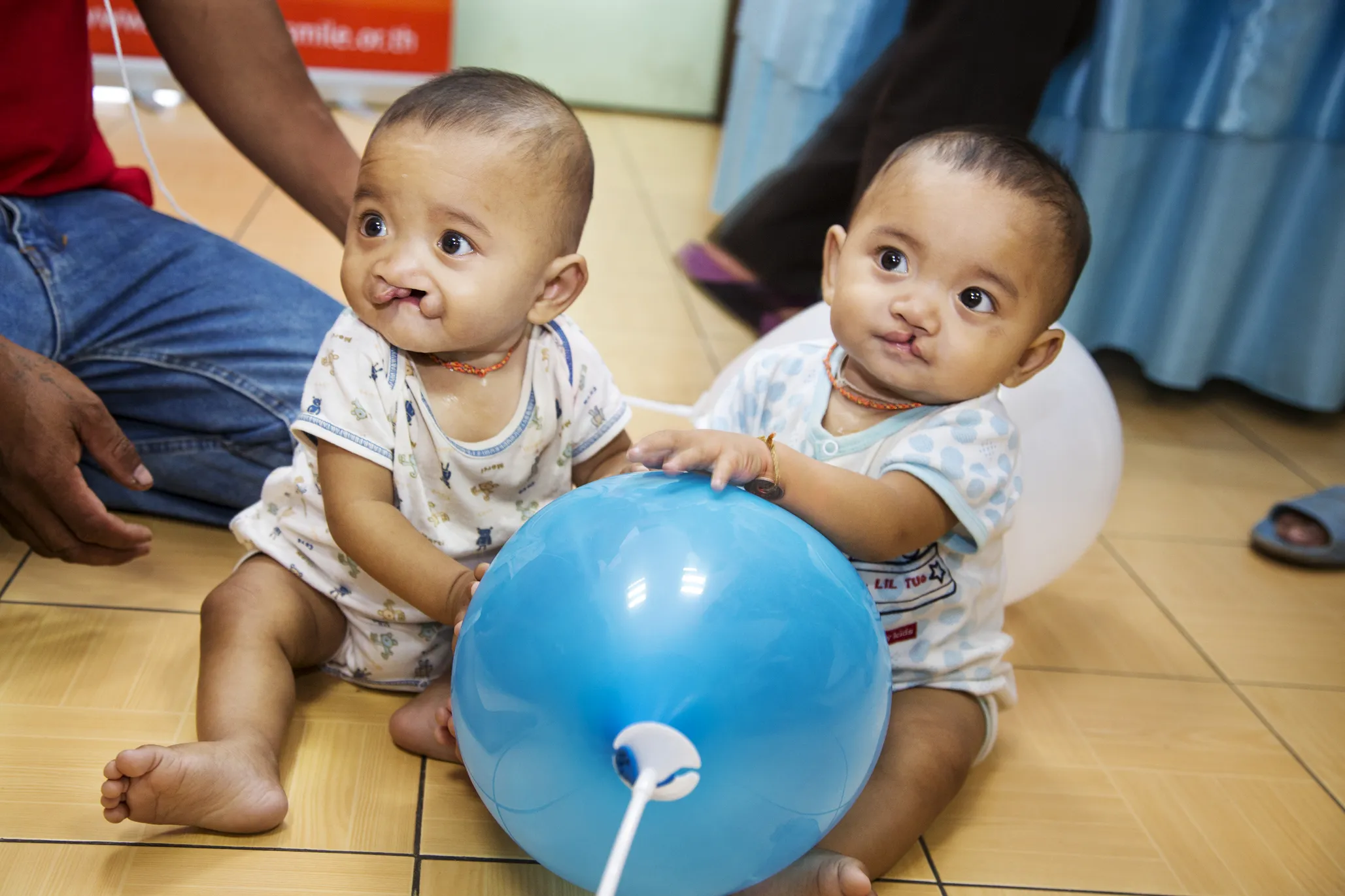
After the twins’ births, a doctor informed Wanna and Manus that surgery was possible – a huge relief because their cleft conditions caused Lak to struggle when drinking milk and Ou to choke when being fed.
While they were grateful that surgery was an option, the family couldn’t afford the cost.
While Wanna cares for the children at home, Manus farms rice and cassava on the nine acres of land that he leases. At the most, he makes a low and inconsistent income of $1500 a year. Half of this total is then paid to the land owner.
But the young parents were determined that both of their sons would receive surgery to fix their conditions and help them eat without difficulty. They also knew that their sons faced lives filled with ridicule and exclusion due to deep-rooted social stigma associated with cleft in their community.
Nothing would stop them from finding a solution.
And, thanks to Operation Smile Thailand, they did.
Soon after the twins were born, they learned about a surgical program taking place in nearby Ubon Ratchathani, Thailand, where a team of medical volunteers could perform surgery, free of charge.
Once Lak and Ou received comprehensive health evaluations, the 8-month-old boys were deemed healthy enough to receive surgery and placed on the program schedule.
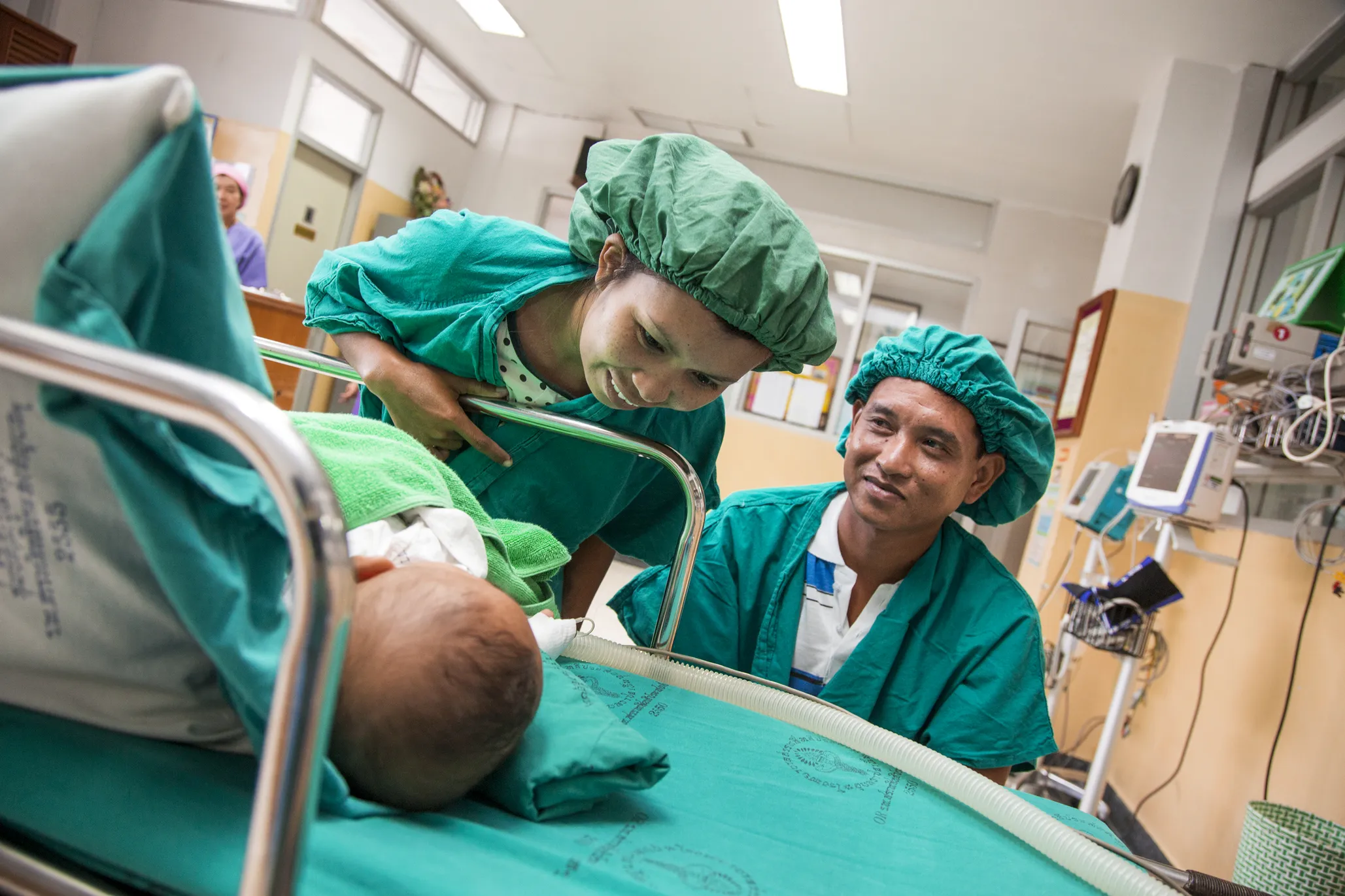
Wanna was overjoyed with the results of her sons’ cleft lip surgeries. But she was still worried because both twins continued to struggle to eat and drink. The boys needed to grow bigger and stronger before they could receive cleft palate surgeries.
And one year later, Lak and Ou returned to a surgical program in Surin and got the operations that made eating and drinking effortless.

Wanna diligently works with the twins to improve their speech by using the exercises from an Operation Smile Thailand speech training camp they attended two years after their palate surgeries.
As twins, Lak and Ou are very similar. They both love spicy food, mangos and riding bikes outside of their home. However, Lak, the elder of the two, has a hot temper and is closer to his mother, while Ou is very headstrong and always talks about how he is “dad’s son.”
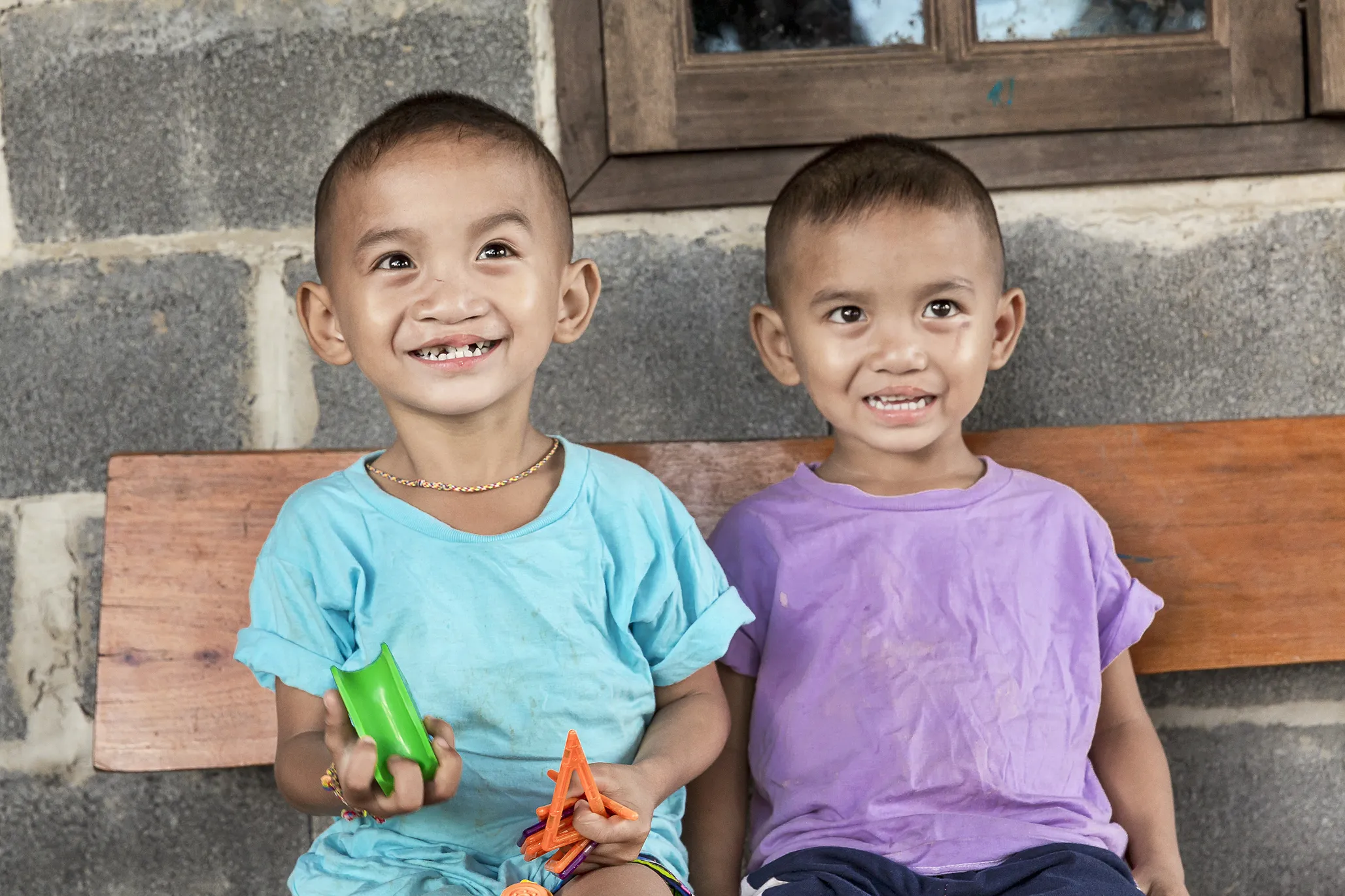
By providing access to free, safe surgical care, Operation Smile gave Lak and Ou more than just new smiles. It restored a vital aspect of their culture and ensured that the twins would grow up happier and healthier with the promise of brighter futures.
“I would like to thank Operation Smile who helped my sons get surgery,” Wanna said. “This project could help all Thai children with cleft have new smiles.”
